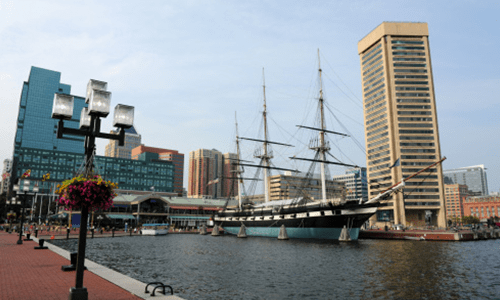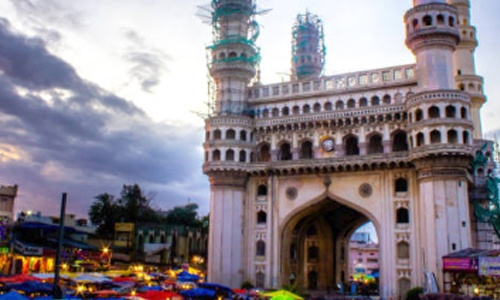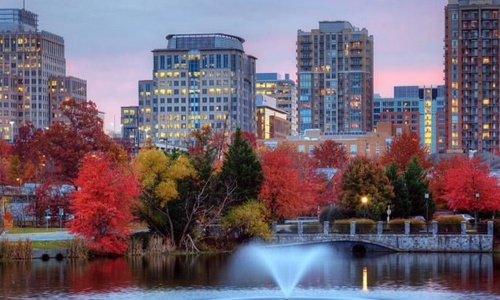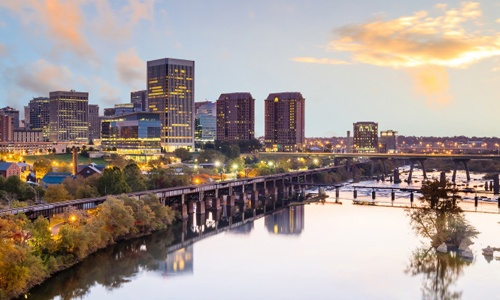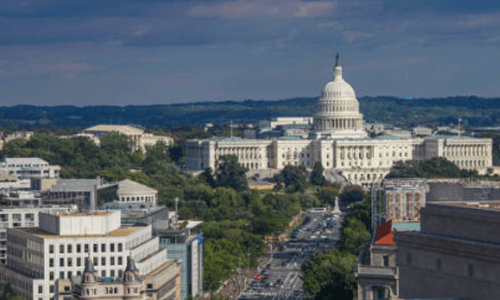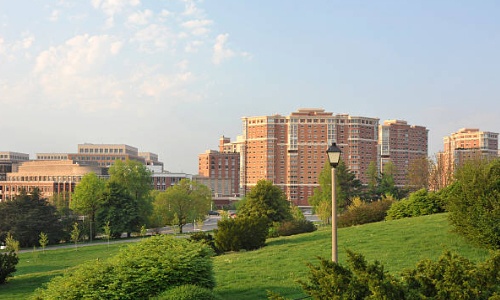
Alexandria, VA
Though Alexandria is now an independent city, it was at one point a part of Washington D.C. The city is less than 10 miles from the District of Colombia and its economy is closely connected with the federal government in Washington, and it will continue to be in the future. The largest employers in Alexandria are federal government operations such as the Defense Department. Many of the private sector operations in the city also cater to government needs. Ultimately, activities of the federal government drive the economy of Alexandria, much like they drive the economies of other cities surrounding the District. As a result, the economic future of Alexandria will largely depend on how much the federal government grows in the coming years. Economists in the Washington D.C. area have stressed the importance of developing greater economic diversity in the region. In particular, the focus should be on developing streams of revenue that extend outside of the area. The reasoning is that the current economy in the Washington metro is heavily dependent on federal spending which can be inconsistent and irregular as the 2013 government shutdown demonstrated. Economic development specialists in the region are working on attracting and retaining companies in advanced industries with high research and development requirements. The Washington region as a whole has the human strengths necessary to maintain a high-tech STEM industry. In fact, there are signs that a new tech industry is slowly taking root in the District itself. The city of Alexandria, itself, will find it difficult to replicate the success of Washington D.C. Currently, the cost of living in Alexandria is far higher than both the national and state averages. The largest reason for this is real estate, though both transportation and food costs are higher than average. The high costs of the area combined with the lack of a high-tech cluster in Alexandria will make it difficult for the city to attract advanced industry to the city. Generally speaking, the private sector in Alexandria is not that large relative to other cities. The private companies that do operate in the city tend to be in the professional services, catering to the needs of the federal government. It is possible that Alexandria will be able to diversify through businesses that spillover from Washington D.C. However, until then there is not a compelling business reason to choose Alexandria over other cities at this time. Ultimately, Alexandria will likely continue being a prosperous city that benefits from its proximity to Washington D.C. It has a great deal of culture, and the people that make up the city come from diverse backgrounds. The city was not terribly affected by the Great Recession and its unemployment rate has fallen to 3.6%. As long as the government maintains its current levels of activity, Alexandria will remain an appealing city for professionals seeking high-quality jobs that cater to the federal government.






